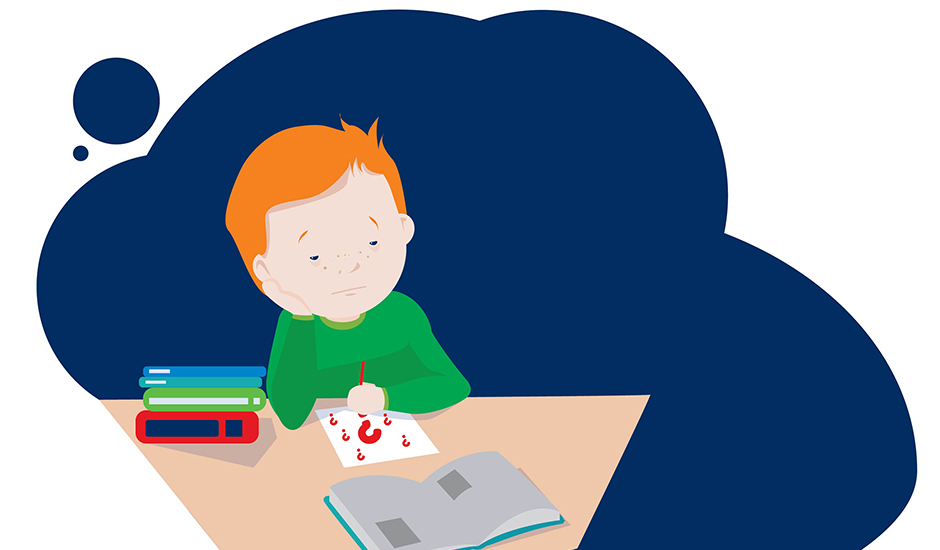Healthy brothers and sisters will often benefit from time with a grownup who they know is there just for them.
How much support they need will depend on many factors, such as the stage of the illness, their age, and the role of any extended family. Group outings and activities can reduce feelings of isolation by helping healthy siblings to meet children and young people in a similar situation.
The best support will:
- Be normalising
It’s helpful to maintain a child’s routine, with as many of their usual activities, meal times, existing rules and structures as possible.
- Be fun
Many siblings feel isolated by their situation and the fact their family is different to that of their friends and peers. It’s great if healthy brothers and sisters have a chance to get out of the house, spend time with friends; continue hobbies, and enjoy one-to-one activities.
- Involve the sibling in the care of the ill child
With the right support, healthy children can benefit from being involved in their sister or brother’s care, knowing that they have a role to play in the family. If their sibling is an inpatient, they can keep in touch using cards, texts, video calls, or recorded messages.
- Good communication and reassurance
As well as comfort and support, children need information in an age-appropriate format. Children will make up their own understandings in the absence of other explanations. Avoid euphemisms and be straightforward and honest when answering their questions.
When using medical terms, professionals should make sure that their meaning is clear.
Common questions that siblings may have:
Cause
What caused my sibling’s illness – this often masks the unasked question – was it something that I did or didn’t do?
- Catch
Can I catch whatever it is from my sibling?
- Care
Who is going to look after me (and my sibling) particularly if my parents are in hospital?
- Cope
How will we, as a family, cope with this?
